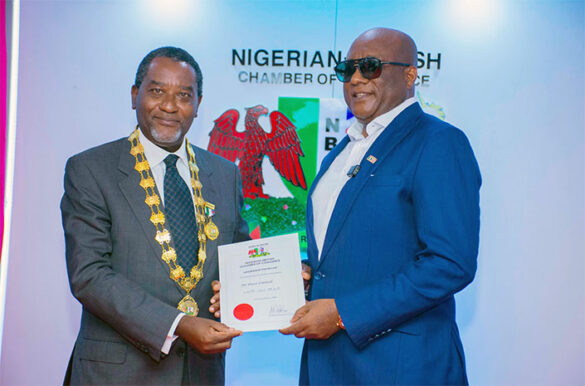When Air Peace launched in 2014 with only a handful of aircraft, few imagined it would become Nigeria’s largest airline and a symbol of national pride. Today, with over 40 aircraft and a growing international presence, the airline is reaping the benefits of President Bola Ahmed Tinubu’s aviation reforms and the diplomatic efforts of Minister of Aviation and Aerospace Development, Festus Keyamo.
The turning point came in 2024 when Air Peace broke decades of exclusion by securing rights to operate direct flights to London Gatwick. With Tinubu’s government backing the airline against foreign monopolies, Air Peace not only entered the lucrative UK market but also forced down ticket prices, saving Nigerian travellers billions.
Keyamo’s proactive diplomacy and Nigeria’s adoption of the Cape Town Convention have given confidence to foreign lessors and opened new opportunities. His regulatory waiver on wet-leasing further enabled Air Peace to expand quickly, especially on high-demand routes like London and Jeddah.
Beyond routes, Air Peace is investing in infrastructure, including Africa’s largest Maintenance, Repair, and Overhaul (MRO) facility in Lagos—a N32 billion project that will save the nation billions in foreign maintenance costs, create 50,000 jobs, and position Nigeria as a regional aviation hub.
With ongoing fleet expansion, including new Embraer E190s and a growing wide-body fleet for intercontinental routes. Air Peace is consolidating its role as Nigeria’s de facto international representative. Its induction into the Nigerian-British Chamber of Commerce in 2025 further highlighted its importance to trade, tourism, and economic diplomacy.
The question now is whether Air Peace should be officially recognized as Nigeria’s flag carrier. Backed by government reforms, institutional support, and visionary leadership, the airline is not only transporting passengers but also carrying the nation’s hopes for a stronger global aviation footprint.

